Essay on Science and Religion:
The traditional rivalry and antagonism between science and religion are quite well-known. The two deal with different spheres of life and employ entirely different techniques. The material world is the major center of scientific activity. Religion deals with spiritual and metaphysical problems. There is nature so beautiful, so vast, so mysterious. Science tries to unfold its mystery by discovering the laws that govern its various phenomena. Religion goes a step further and tries to explore its ultimate reality, the very basis of its existence. Science deals with tangible reality, religion deals with what is real but hasn’t yet been realized, and what is a fact but eludes comprehension. Perhaps a day might come when scientific exploration has exhausted physical facts and turned to their basic reality. That would be a day of the reconciliation of science and religion.
Different as they are in their fields of activity, their modes of action are also antithetical. Science depends upon reason. It employs what is usually called the hypothetico-deductive method of arriving at knowledge. It is based on observation and experimental verification of facts. But religion depends upon intuition and faith. We accept certain things that cannot be proved on account of faith- that is religion. If we cannot demonstrate or prove a fact, we do not accept it- that is science. The goal of science is an achievement, and that of religion is realization.
There is bound to be some kind of hostility between science and religion. Since religion is by nature rigid and dogmatic, the early dominance of religion caused the repression of science. Scientists whose tenets were at variance with religious concepts of the existence of this universe were subjected to great mental and physical torture. Copernicus was severely condemned for his revolutionary theories about the functioning of the solar system. Galileo was forced to recant that the earth moved around the sun on the pain of death. Other scientists were scoffed at and ridiculed in public. But this could not persist long. For scientists said things they could prove. Blind faith had to bow to demonstrate facts.
Galileo’s remarkable theories marked the beginning of an era in which scientists and scientific methods are held supreme. In the nineteenth century, with Charles Darwin’s theory of evolution, it was the man of religion who had to turn into an apologist. In light of the new scientific discoveries, he had to make innumerable adjustments and modifications in his religious concepts to suit the modern mind. Religious men have been pushed into the background, even into obscurity, good; they have not been prosecuted.
What explains the decline of religion? Perhaps its lack of precision, its interference with certain non-religious spheres, its lack of appeal to modern psychology, and its own rigidity. “Religion,” defines A.N. Whitehead, “is an adventure of the spirit, a flight after the unattainable.” The true spirit of religion is the search for a vision- the vision of the unattainable. In order to exist, this vision has to expand. Unfortunately, it has been on the decline. When religion expressed God as a power to be feared and explained the causes of various diseases and other destructive natural occurrences as the wrath of this tyrannical power, it betrayed itself. Diseases fall into the sphere of medical science, and religion should not have meddled with them. When religion laid down certain inviolable codes of conduct, it spelled its own decline. Codes of conduct are social exigencies and they have to evolve with social evolution. To give them religious sanctity was to narrow down the horizons of religion. And finally, the old image of the expression of religion is completely outdated. In medieval treatises, heaven was in the sky, hell somewhere underground. Volcanoes were the jaws of hell. With man having leaped to the moon, having pulled out the very entrails of the earth how can this imagery appeal to the modern mind?
Science has also done a good deal of harm to mankind, though it has brought him a number of blessings. Science has shown both the supremacy of man and his insignificance. Above all, it has shattered his faith and his peace of mind. There is much that science has not been able to explain. Ninety-five percent of an iondicual’s life is determined by birth and death, both beyond his control, and both inexplicable. About a century ago, man could attribute his poverty or his ill luck to God and get reconciled to his lot. Today that consolation has been snatched from him by science. Besides, science has given him a lot of anxiety and tension. It has bred discontent in his mind. It has destroyed his faith in himself, in humanity, and in God. Occasions are not wanting when this supreme power on the earth, this man feels so helpless. And then he turns to God and religion for solace. So it would be wrong to anticipate the death of religion. But it must be averred that it is the time the religious phraseology is modernized and the bounds of religion are well-defined so that the religious faith of people can be fully revived.
As to the hostility between science and religion, it will most probably persist. And it is not a calamity to be bewailed. A clash of doctrines is not a disaster; it is an opportunity. Such a clash will help the evolution of real knowledge and lead to ultimate harmony. Science is enlightened. A religion that should have been a source of light has unfortunately fallen into an abyss of darkness. Let it be enlightened, too. And let the two flourish together.
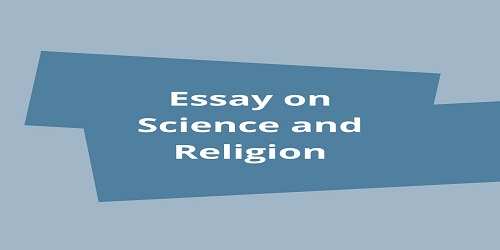


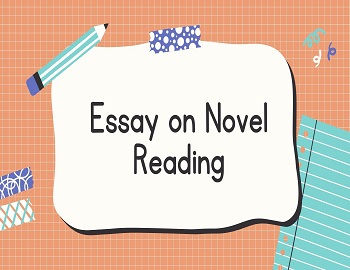

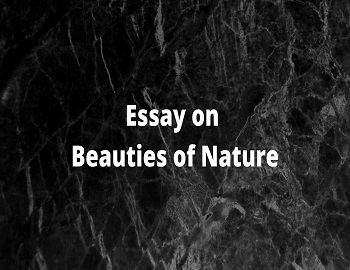
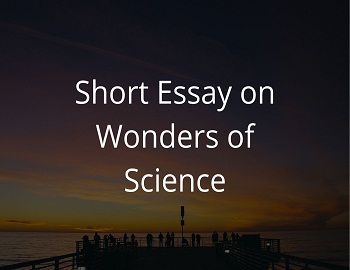
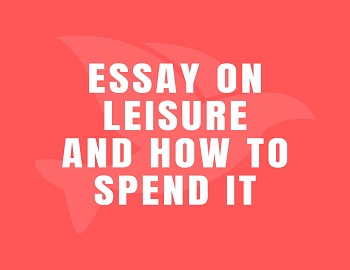
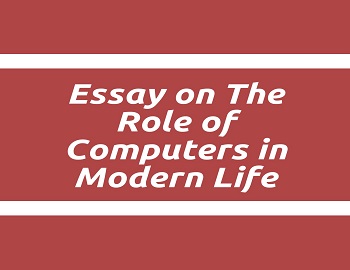
Comments (No)